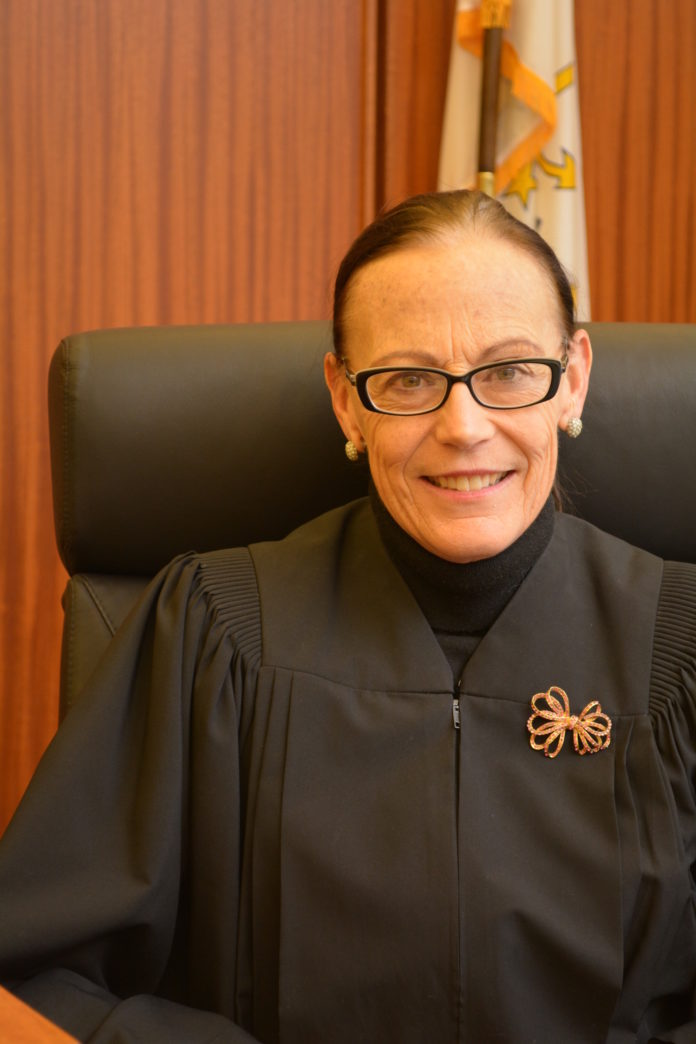
PROVIDENCE – A slew of lawyers representing parties involved with the state’s convoluted pension lawsuit pleaded their cases before Associate Justice Sarah Taft-Carter in Superior Court Thursday morning, which she’s slated to rule on at a future time.
The hearing was a summary judgement, which is a common civil pre-trial proceeding to allow a judge – at his or her discretion – to issue a judgement based on the merits of the case before it goes to full trial. The pension lawsuit brought against the state from its 2011 pension reform law is slated for trial April 20.
Thursday’s hearing, held at the Licht Judicial Complex in Providence, included no less than two dozen lawyers representing state, retired and active employees and different municipalities within one faction of the lawsuit.
The lawsuit consists of nine consolidated cases challenging the state’s pension reform actions, which reduced pension benefits for public employees and retirees, including teachers, state and municipal employees, firefighters and police.
The morning arguments pertained mostly to retirees and whether their pensions constituted a contract and if COLAs (cost of living adjustments) can be considered lifetime guarantees.
State lead attorney John Tarantino argued that since 1980 there was no guarantee on lifetime COLAs because the General Assembly “consciously” struck language from the law in an attempt to make it more flexible.
“If you have a benefit that must be paid over a lifetime, that’s the antithesis of being flexible,” Tarantino said.
The legislature, at the time, changed COLAs from an annual 3 percent fixed-rate to a 3 percent compounded rate, and retirees lawyer Carly Iafrate rebuked that this was done to improve the system for retirees.
She said it “defies logic” the state would do it the same way for 30 years only to later decide that it’s no longer quid pro quo.
Judge Taft-Carter, who has been at the center of the state’s controversial pension lawsuit, listened to the morning arguments mostly in silence and Iafrate said during a break that a written response to the motions wouldn’t likely be made that day, but at some point before the trial.
Thousands of government employees and retirees throughout the state have been voting on potential pre-trial settlements all week, but because of a Taft-Carter suppression order – popularly referred to as a gagging order – details have been shrouded.
Legislators reduced future retirement benefits to save approximately $4 billion from a shortfall in the state’s pension fund, prompting a lawsuit, which was joined with previous lawsuits for pension changes made under the Donald L. Carcieri administration.












